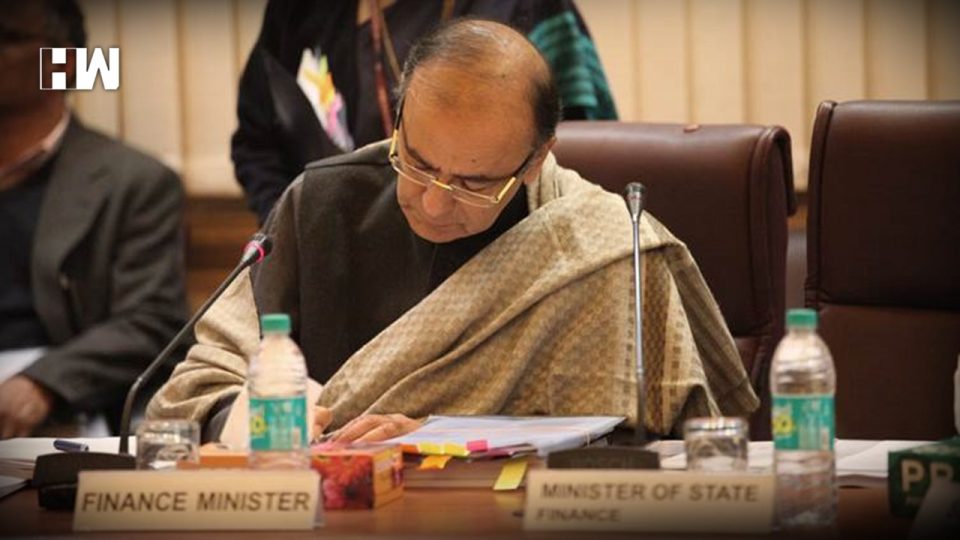With a fiercely fought election on the cards, the focus of each party seems to be to buy/induce voters through promises of goodies. It is widely believed that it was Rahul Gandhi’s promise to write off farmer loans, that helped the Congress to win elections in the three crucial states of MP, Rajasthan and Chattisgarh. It is yet another thing that such fabulous promises are never implemented in the dramatic manner in which they are pronounced ie. instant and complete write offs of farmer loans. But these lure of goodies do seem to work. Emboldened by its success, he has now promised a fantastic, minimum income guarantee scheme called NYAY, which is ambiguous not just in respect of its terms, but also in respect of its sources of funding. These allurements also forced the PM to announce a slew of goodies in the interim budget, which include financial assistance to farmers at Rs.6000 per year, pension to workers in the unorganised sector etc.
In this mindless game of political one upmanship and populism, it is the treasury of India that gets emptied, and national growth suffers due to waste of scarce funds, with no tangible/durable solution to the problems like poverty, unemployment, rural distress etc. These election goodies are merely instant steroids to hoodwink the voters. What India truly needs is reforms and more than economic reforms, we perhaps need political reforms, to tame the politician, reduce his unbridled powers and increase his accountability to the public. A number of our burning economic issues will be resolved only if political reforms are initiated to discipline and control India’s powerful politicians.
Let us examine this reality in the context of some of our burning economic/social issues, which continue to afflict India. Take the case of the unresolved giant NPA crisis. It was created due to rampant political meddling in banks due to ten years of the Congress led UPA rule, and was thereafter passed on to the BJP to tackle. The problem remains unresolved and will continue to remain so, because while it is a banking crisis, its true long term resolution lies in stopping the meddling of corrupt netas and babus, in our banks, and financial institutions, which is nowhere on the government’s agenda. It needs a political reform to restrain the neta and prevent him from meddling in banks. Next take the curse of the rising inequality of income and wealth in India, which is not just among the highest in the world, but has further increased during the BJP rule. This problem is due to crony capitalism, where due to political meddling and favouritism, national resources and opportunities are cornered by the privileged few. It is an art mastered and perpetrated by the Congress and has been adopted by the BJP too, leading to a widening and shameful gap between the rich and the poor. The widespread distress in the SME and the rural sectors and the untamed problem of unemployment are stark symbols of crony capitalism and social/economic inequality in India. The Congress bequeathed it to be BJP, which has fared no better. It is a similar issue in the case of fiscal irresponsibility and lack of accountability, of the politicians.
It is evident that our decades of pursuit of economic reforms have not yielded the promised/potential results. The fact that India has not had a sovereign rating upgrade since 13 years is a point to ponder. Our economic reforms have not delivered because they come without the much needed political reforms, to dilute and devolve power from Delhi to the states and down to the local bodies to enhance accountability. A person can hope to catch the collar of a local corporator or panchayat members to seek answers for non performance, but certainly not of a powerful MP, enjoying the perks and power of the Parliament. Thus without much needed political reforms, our economic reforms have proved disappointing.
This issue came up for debate/discussion, at an annual session of the CII, about the next government’s priorities in its first 100 days. While Arvind Panagariya, the former vice chairman of the NITI Ayog said that the focus must be on economic reforms, including trade liberalisation, privatisation land reforms etc., the former RBI governor Dr. Bimal Jalan said that the emphasis has to be on political reforms. He said that the new government should look at the enormous political powers and vested interests of ministers, who should be made accountable and that the new government should ensure that policy implementation lies with autonomous institutions. Much as we need to insulate the system from political interference and demand accountability, no party is willing to take it up, since that would erode the very power for which elections are fought so fiercely.
As an independent media platform, we do not take advertisements from governments and corporate houses. It is you, our readers, who have supported us on our journey to do honest and unbiased journalism. Please contribute, so that we can continue to do the same in future.

